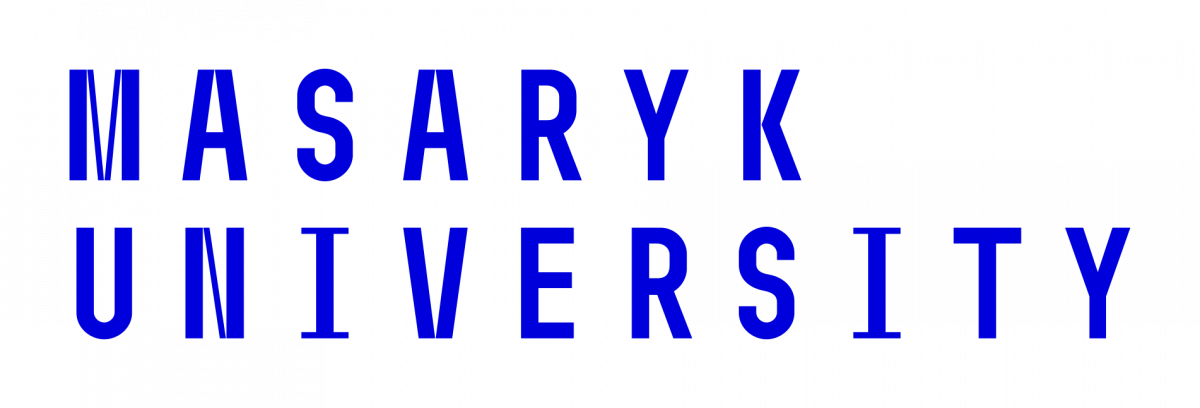Artificial intelligence is defined as the ability of a digital computing device, or a robot controlled by a computer, to perform tasks commonly associated with intelligent beings. Since the development of the digital computer in the 1940’s, it has been demonstrated that computers can be programmed to carry out very complex tasks – such as discovering proofs for mathematical theorems or playing chess – with great proficiency.
One of the key moments for AI was the publication of Alan Turing’s Computing Machinery and Intelligence in 1950. In this paper, Turing explored the idea of how to determine whether machines can think. Although the development of AI systems has progressed, and despite the continuing advances in the field, none of the projects developed to date can yet match the flexibility of humans in a wide range of domains. Nonetheless, some computers/programs have attained the performance levels of human experts and professionals when it comes to doing specific tasks, and the complexity of the tasks that these programs can manage is growing. These applications range from medical diagnosis (under very specific conditions), computer search engines, and voice or handwriting recognition.
AI is not just something we see in movies, it is already part of our daily practices, for instance every time we use Siri or Alexa, or when we use a search engine such as Google, or social media platforms such as Facebook, or even online banking. There are also less recognizable uses for AI, like behavioural algorithms, suggestive searches, autonomously powered self-driving vehicles, and automated news production in some newsrooms.









